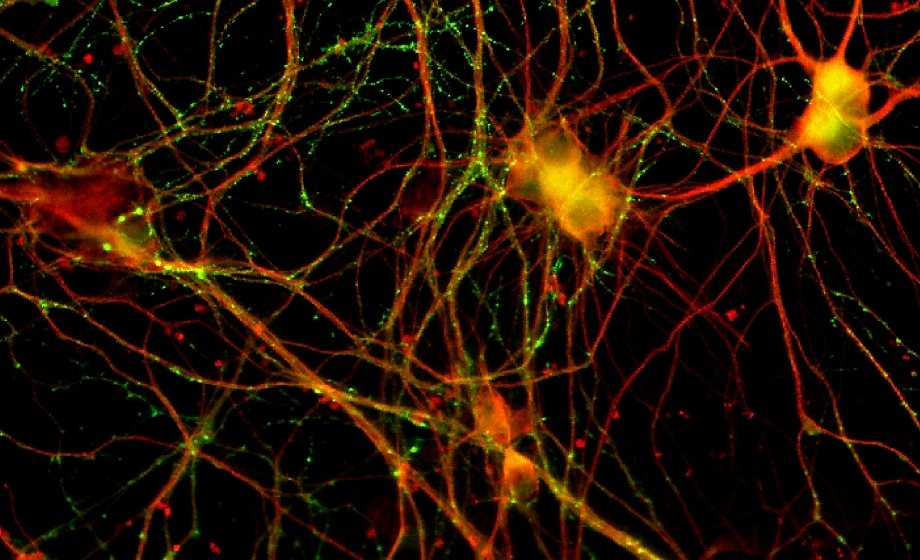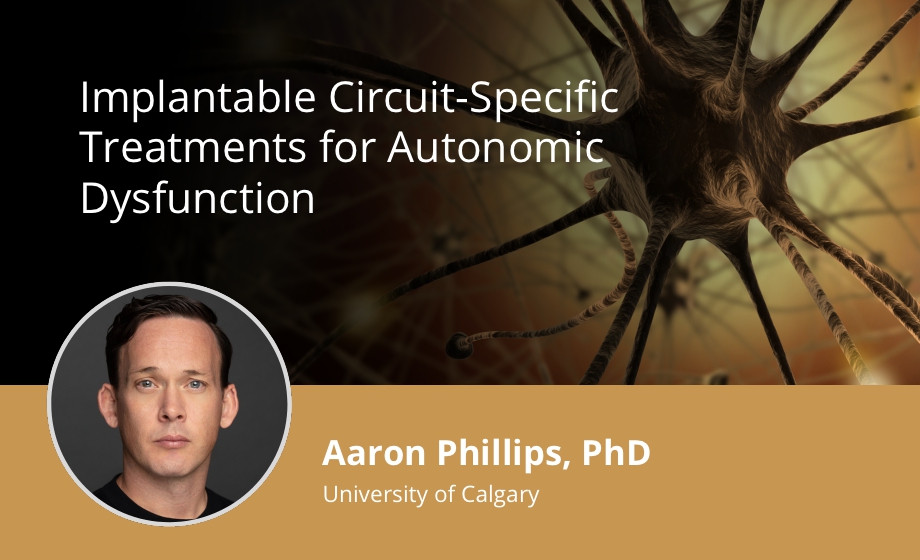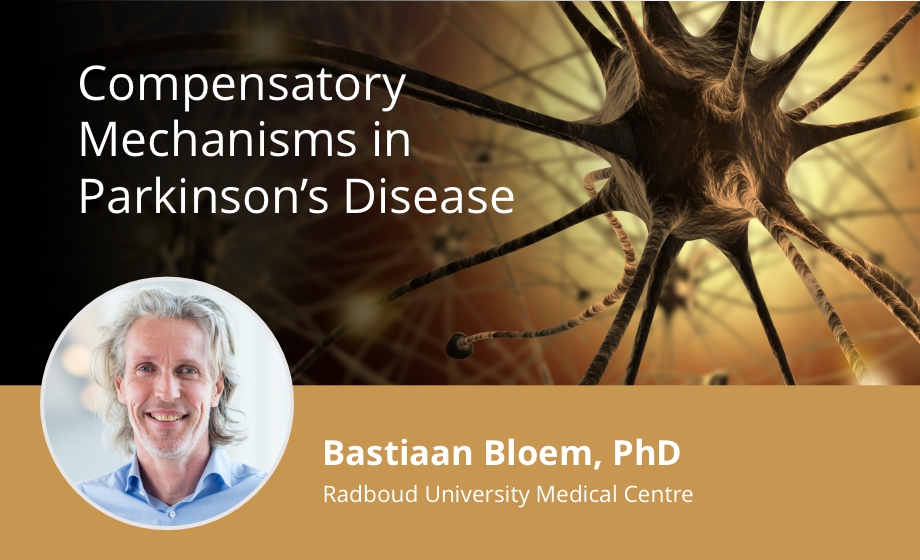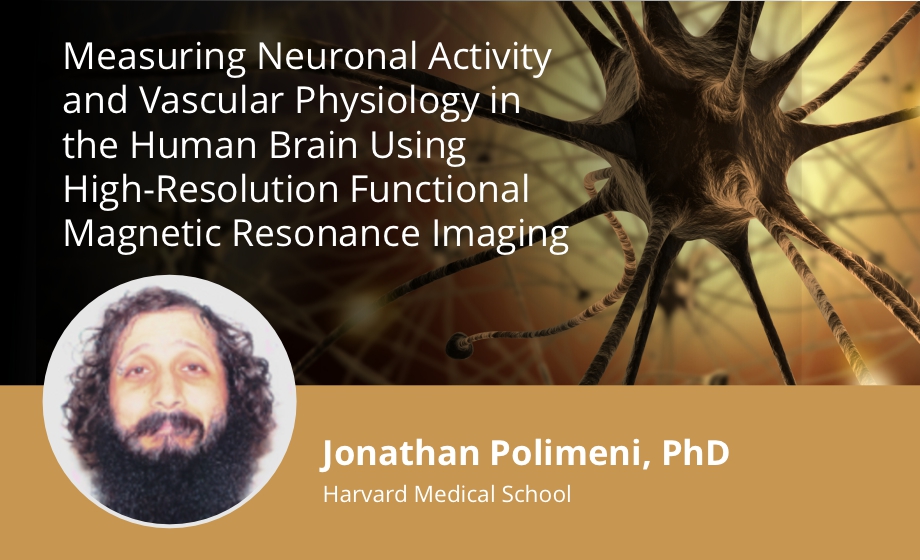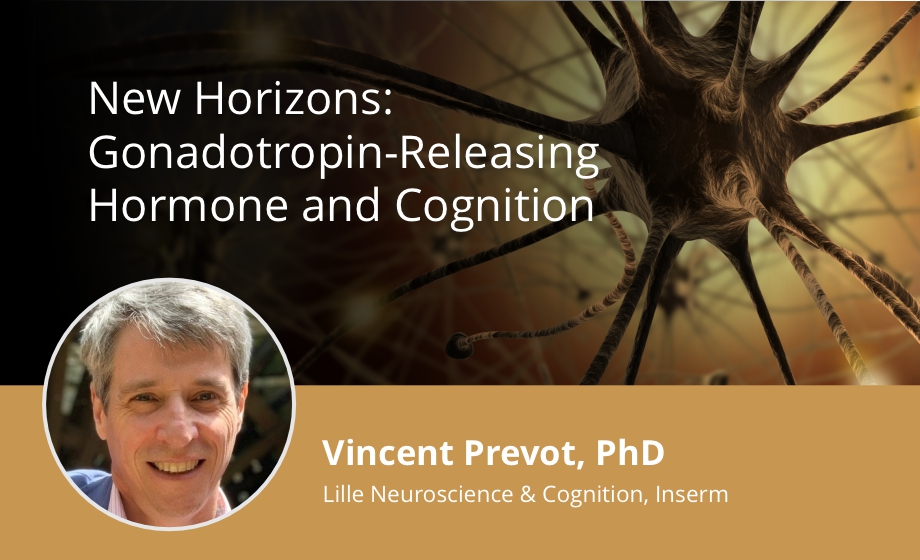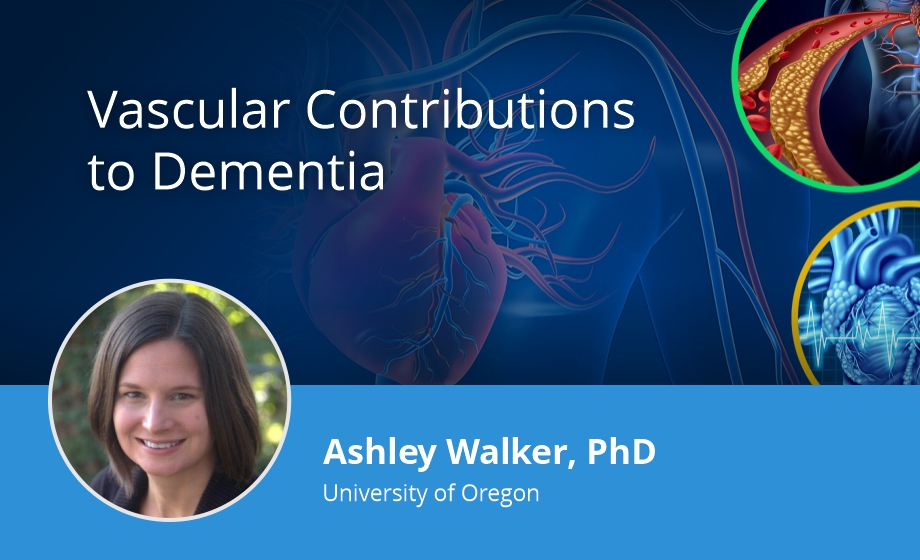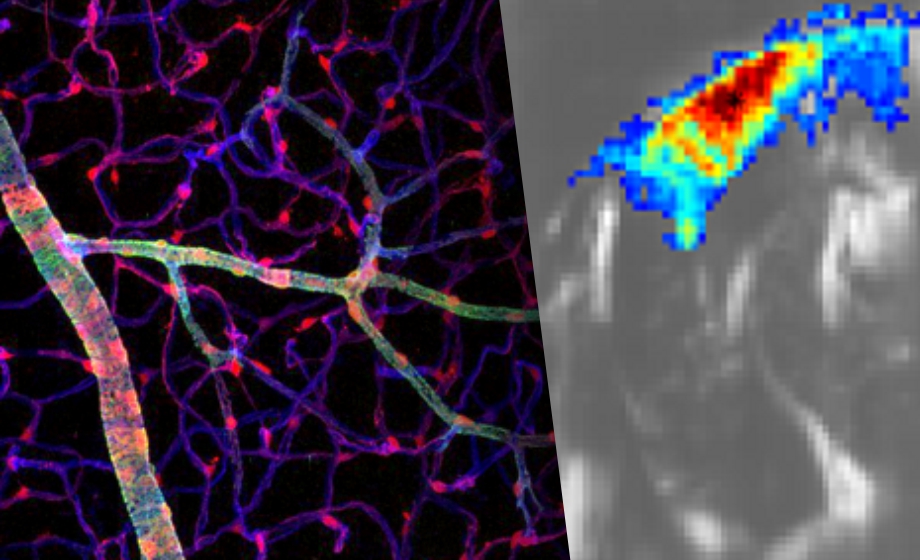According to the WHO, 1 in 4 people will be affected by mental illness or a neurological disorder at some point in their lives. It is no wonder, then, that neuroscience is one of the most heavily funded fields of science. A better understanding of neurological disease is critical, but the physiologic underpinnings are often complex. Researchers and instrumentation companies alike are stepping up to the challenge, improving the methods and tools used for neuroscience research and allowing for unprecedented discovery.
Data Sciences International’s (DSI) white paper, ‘In Vivo Research Approaches in the Study of Neurological Disease and Psychiatric Disorders’ provides a high level summary of key neurological disorders that are significant to today’s space, including:
- Alzheimer’s disease
- Epilepsy
- Mood disorders
- Traumatic Brain Injury
- Movement disorders
- Autism
- Schizophrenia
- Attention deficit hyperactivity disorder
For each illness, the white paper provides key background information, a list of suggested research references, and discusses key in vivo physiological endpoints, such as changes in EEG patterns, sleep abnormalities and respiratory failure. The final section of this paper describes essential technologies used in neuroscience research and how they can be used in tandem to study these physiologic endpoints of interest. These technologies include:
- Wireless telemetry
- Video-EEG
- Physiological data acquisition and analysis systems
- Software and hardware to measure and assess pulmonary function
- Software for sleep scoring and seizure detection
This white paper would be most valuable to researchers interested in learning more about how the most common neurological diseases and psychiatric disorders are studied, and what technologies are available to help them meet their research objectives.
Related Content
Updates in Chronic Traumatic Encephalopathy (CTE)
Dr. Ann McKee will describe the emergence of chronic traumatic encephalopathy (CTE) as a distinct disease over the past 20 years.
Advancing Disease Modeling for Drug Discovery by Modulating iPSCs with CRISPR and Neuronal Differentiation
Explore applications of CRISPR and iPSCs in disease modeling and drug discovery in our upcoming webinar with Synthego and BrainXell.
Implantable Circuit-Specific Treatments for Autonomic Dysfunction
In this webinar, Dr. Aaron Phillips presents his research on the neural mechanisms of hemodynamic stability.
Compensatory Mechanisms in Parkinson’s Disease
Bas Bloem, MD reviews compensatory mechanisms, including cerebral plasticity and behavioral adaptation, in persons with Parkinson's disease.
Measuring Neuronal Activity and Vascular Physiology in the Human Brain Using High-Resolution Functional Magnetic Resonance Imaging
Join Jonathan Polimeni, PhD for a deep dive into the physics and physiology of fMRI.
New Horizons: Gonadotropin-Releasing Hormone and Cognition
Join Vincent Prevot, PhD as he dives into the development and establishment of the gonadotropin-releasing hormone (GnRH) system and the importance of its first postnatal activation.
Strategic Approaches to Age-Related Metabolic Insufficiency and Transition into Dementia Syndrome
In this webinar, Dr. Dennis Turner delves into dementia syndrome, the metabolic changes that occur, and the importance of proper physiological monitoring of animal models.
Vascular Contributions to Dementia
Ashley Walker, PhD discusses her research on the vascular contributions to late-onset Alzheimer’s disease and dementia.
Microvascular & Functional Ultrasound Imaging: Insights into Stroke and Neurovascular Diseases
Dr. Franck Lebrin and Dr. Denis Vivien discuss functional ultrasound imaging and its application to the study and treatment of stroke and other neurological diseases.


